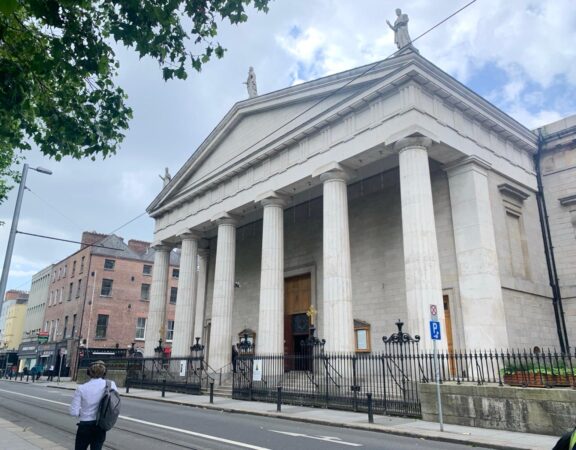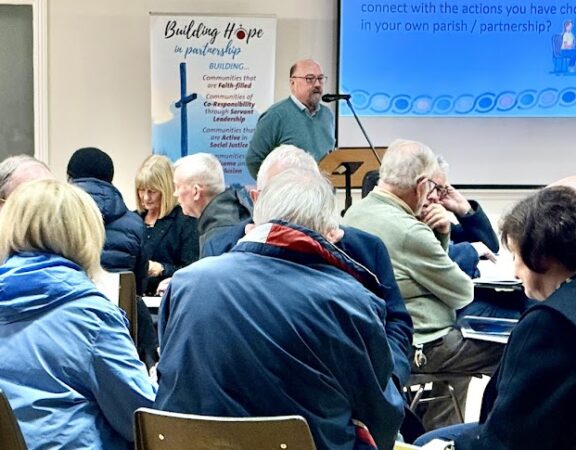DAP Director Chris Murphy has suggested that if young people are to be offered such services it should be done at the point of arrest, and not months later, if educating young people about the implications of drug use is to be in any way effective.
“At present individuals arrested within recreational settings, such as concerts, present to Crosscare DAP, for drug education/ counselling, many months after the offence, “said Mr. Murphy “These referrals come from the courts, or as a result of a suggestion from a solicitor, but the primary focus for the individual is to avoid a criminal conviction rather than an openness to understand the impact that their drug use may be having in their lives and the lives of others.”
Chris Murphy said it was at the point of arrest or shortly after that the individual may be open to understanding about the implications of their drug use, for themselves and the wider community. He said it could also be used as an opportunity to divert someone from more serious drug use or criminal behaviour. This finding has emerged from the research commissioned by Crosscare DAP which states that “drug education is unlikely to be effective unless it is set within the context of a continuum of care from first point of engagement through treatment and into recovery”.
Crosscare DAP calls for a more coordinated approach and asks that the Probation Service to consider models such as Arrest Referral that have a proven record in the UK and Australia. Crosscare is the social care agency of the Archdiocese of Dublin. ENDS







